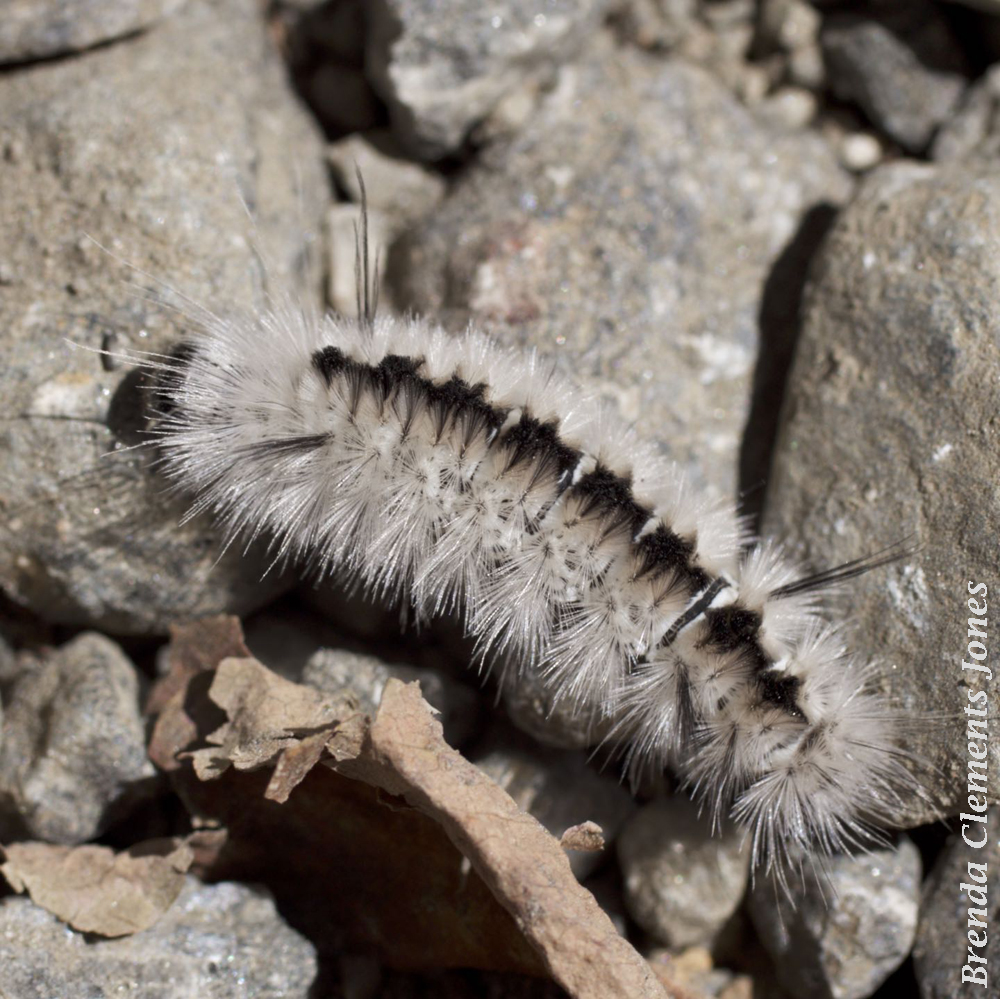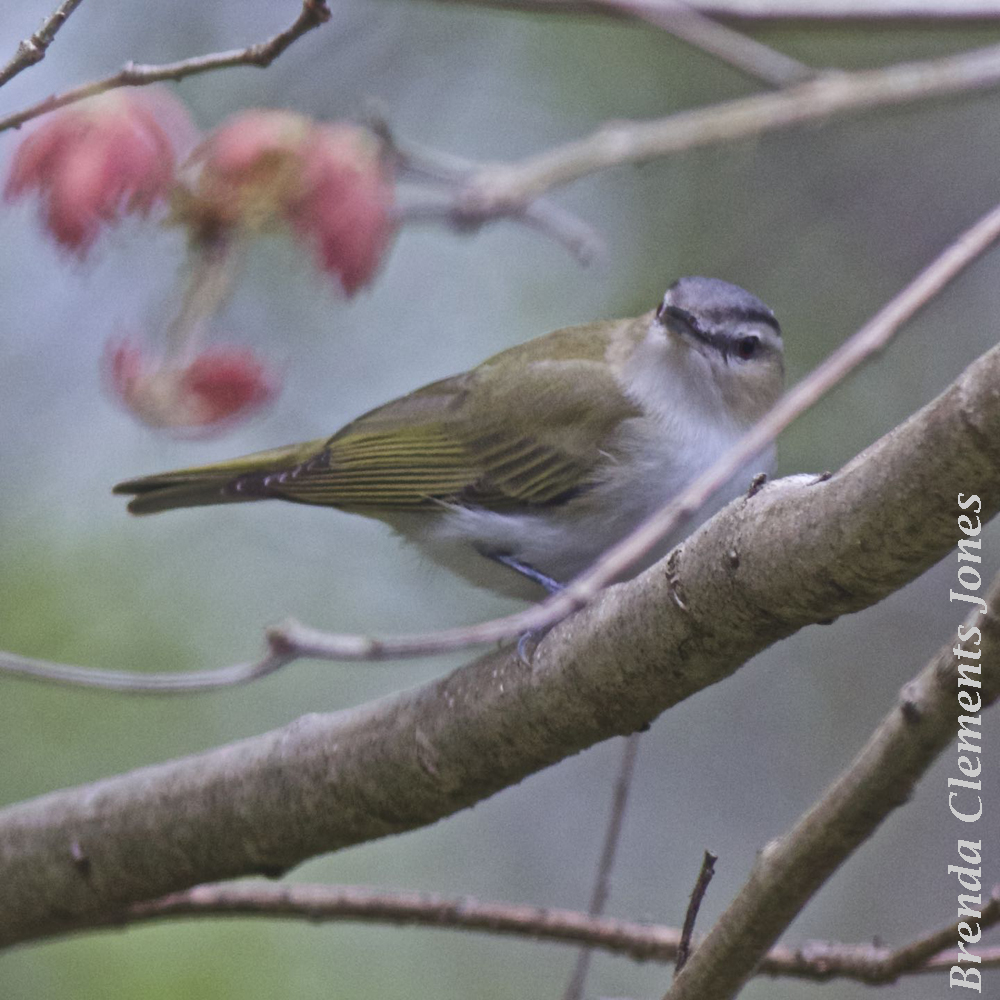-
Naked-flowered Tick Trefoil
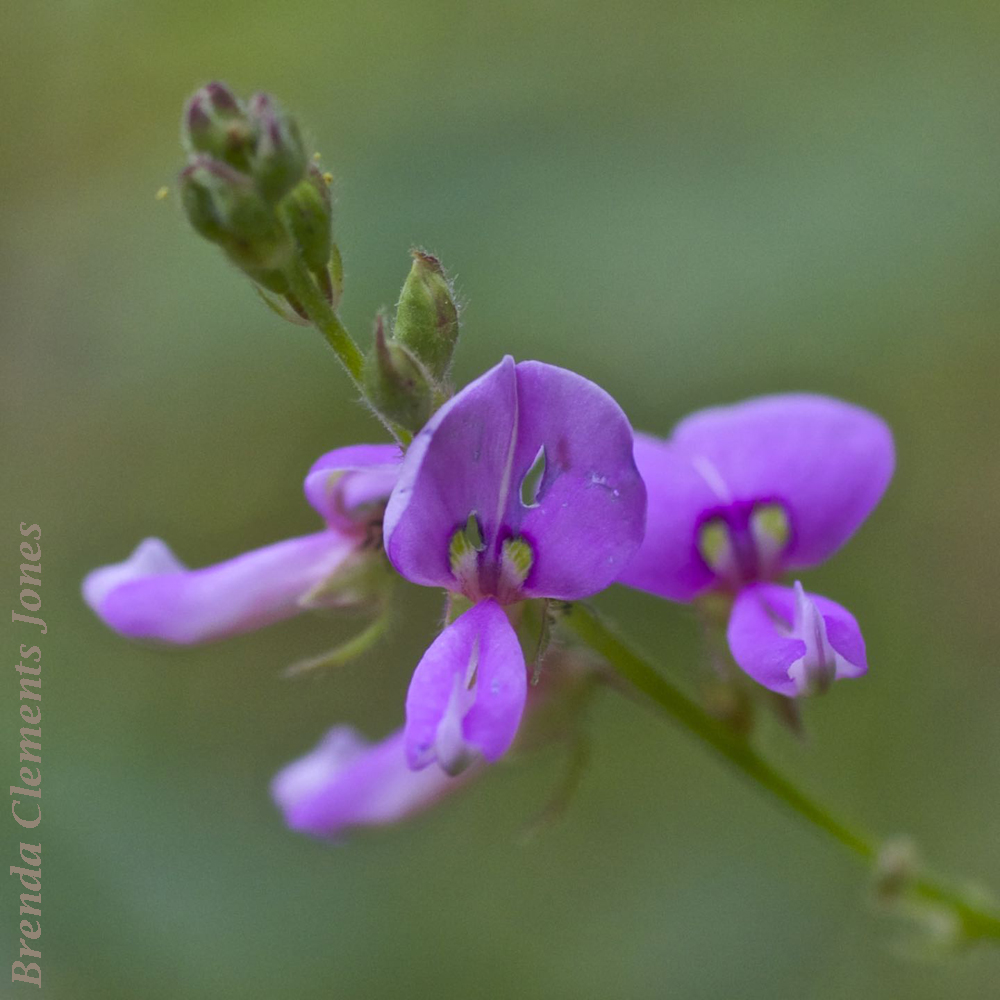
Naked-flowered Tick Trefoil (Desmodium nudiflorum). Nice color! Soft to intense pink blossoms with a unique shape that makes me think of Crow T. Robot from Mystery Science Theater 3000. The Tick Trefoils are just beginning to bloom around my cabin. The pea-like flowers are on stems that have no leaves and there, you’ve got the…
-
Silver-spotted Skipper Revisited
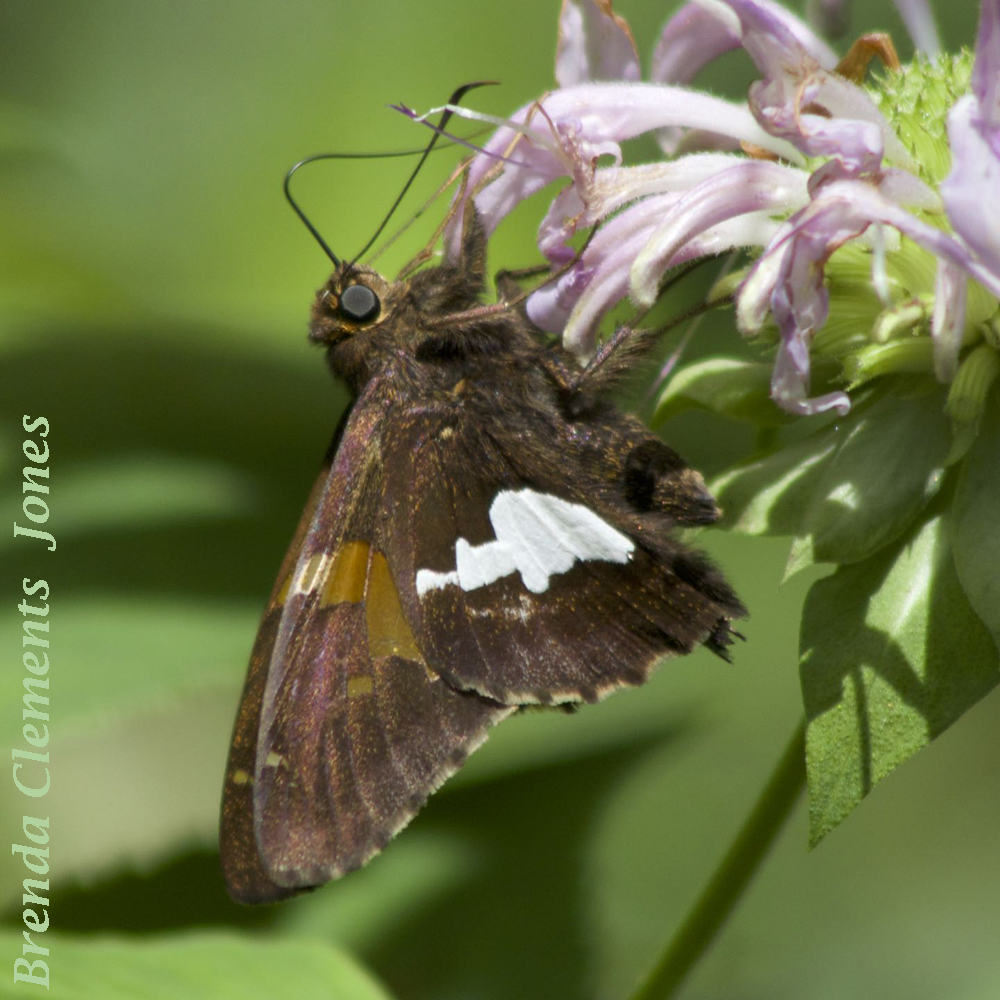
With a wingspan of 1.75 to 2.5 inches the Silver-spotted Skipper (Epargyreus clarus) is the largest of the skippers. But being the largest of the skippers doesn’t make it LARGE compared to some moths and butterflies. The Silver-spotted Skipper is certainly the skipper that I see most often as I check out the trails here…
-
Red-banded Hairstreak
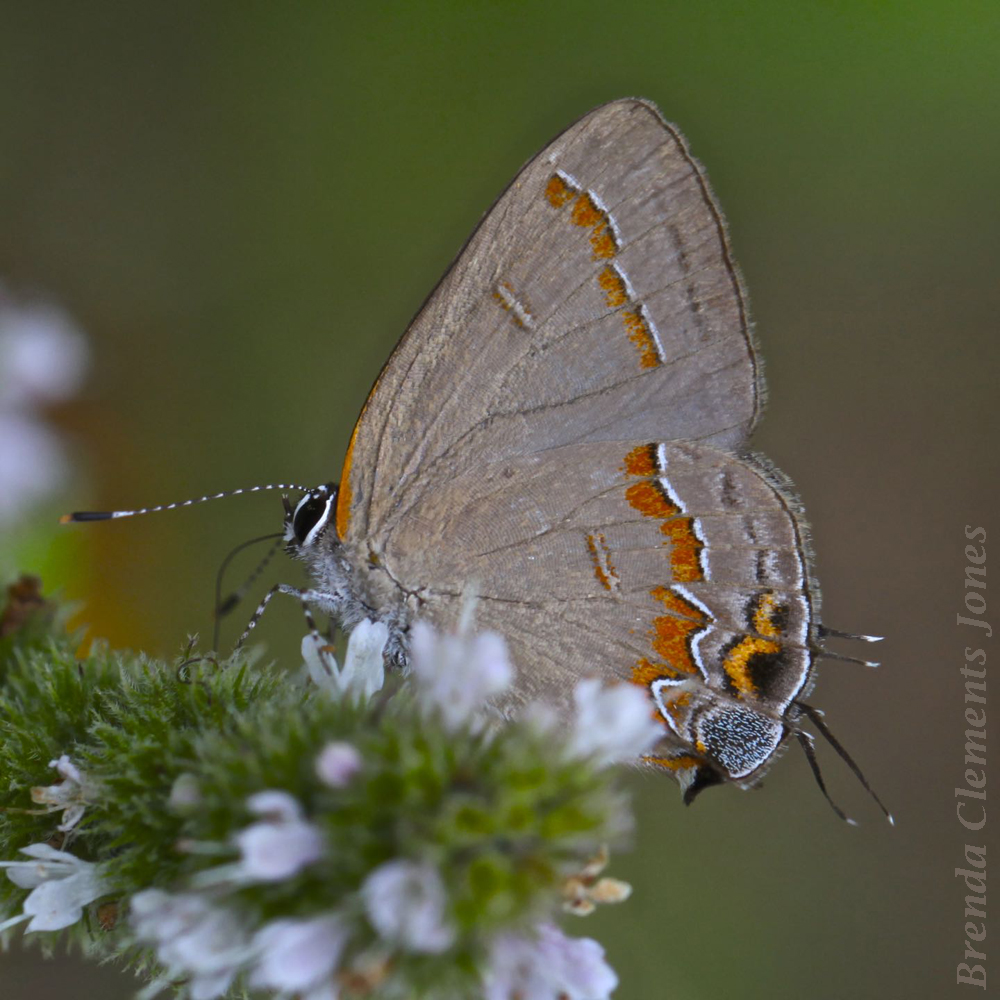
Red-banded Hairstreak (Calycopis cecrops) is native to the southeastern United States. As a caterpillar it has an unusual food source, the fallen leaves of Sumacs, Myrtles, some Oaks and other trees. A mighty teeny butterfly, its wingspan is 1 inch to 1.25 inches, though you’ll seldom see it with its wings open. As a butterfly,…
-
False Crocus Geometer
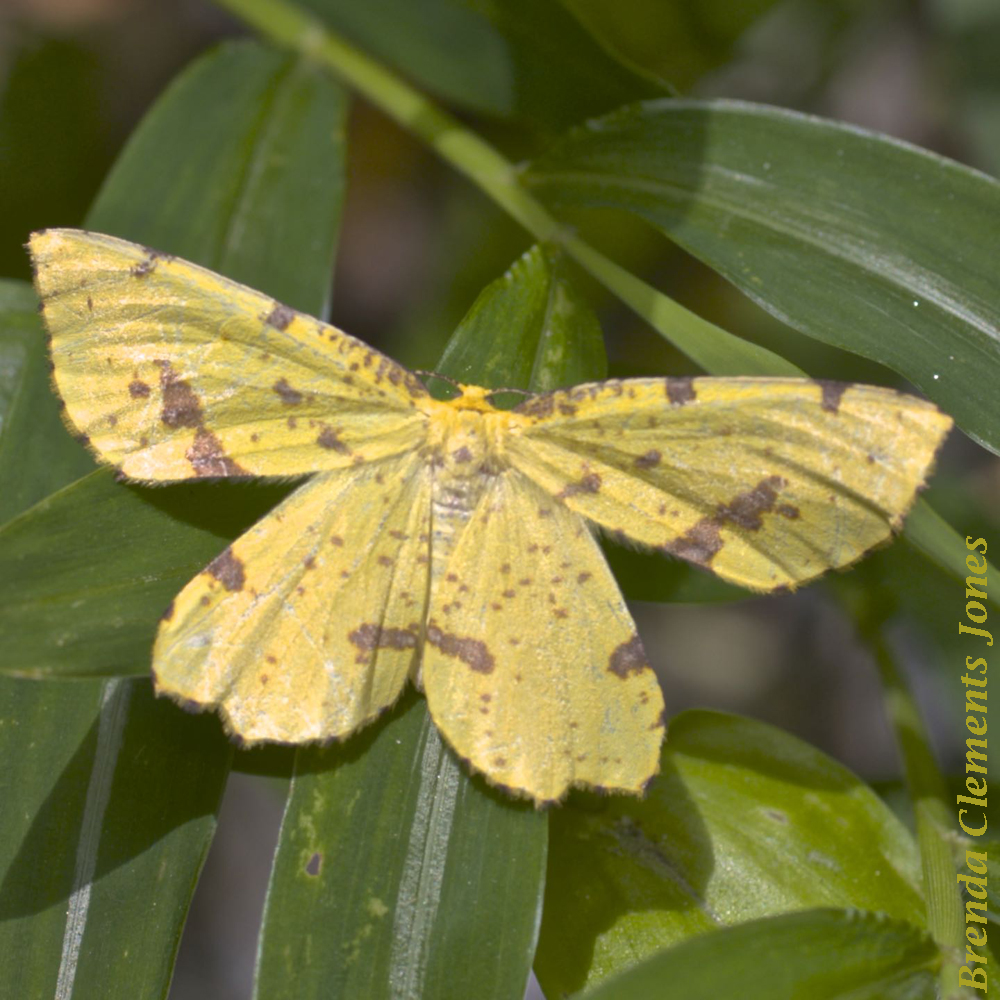
This last day of National Moth Week I’m bringing you the False Crocus Geometer (Xanthotype urticaria). They can be found from Nova Scotia to southern British Columbia, south to Colorado and Georgia. Host plants of this moth include Red Osier Dogwood, Ground Ivy, Catnip, Rhodora and Goldenrods. The larvae look much like little branches or…
-
Black and Yellow Lichen Moth
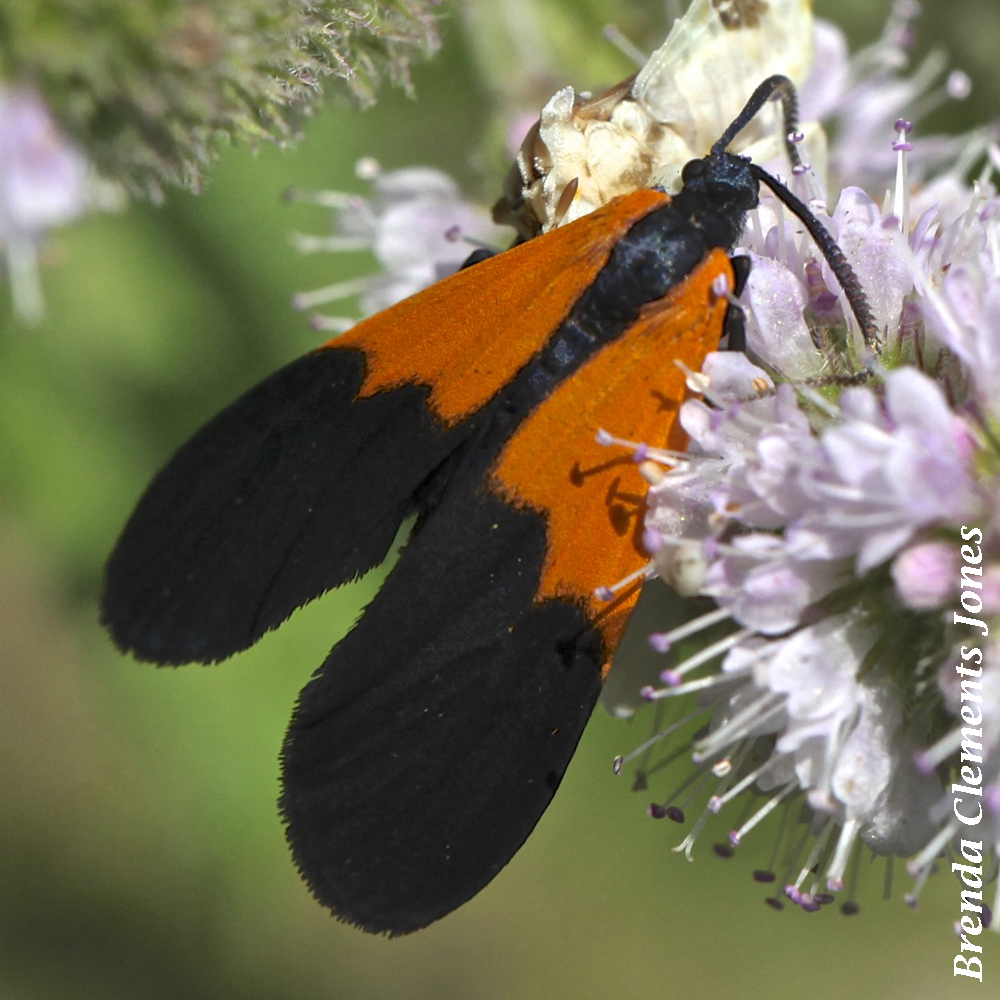
A moth that flies during the day, diurnal. A Black and Yellow Lichen Moth (Lycomorpha pholus). Though the name implies the color yellow you can see that this one, above, is reddish-orange along with the striking black with a subtle blue sheen. Many of this species of moth come in shades of not just yellow…
-
Cherry Scallop Shell Moth
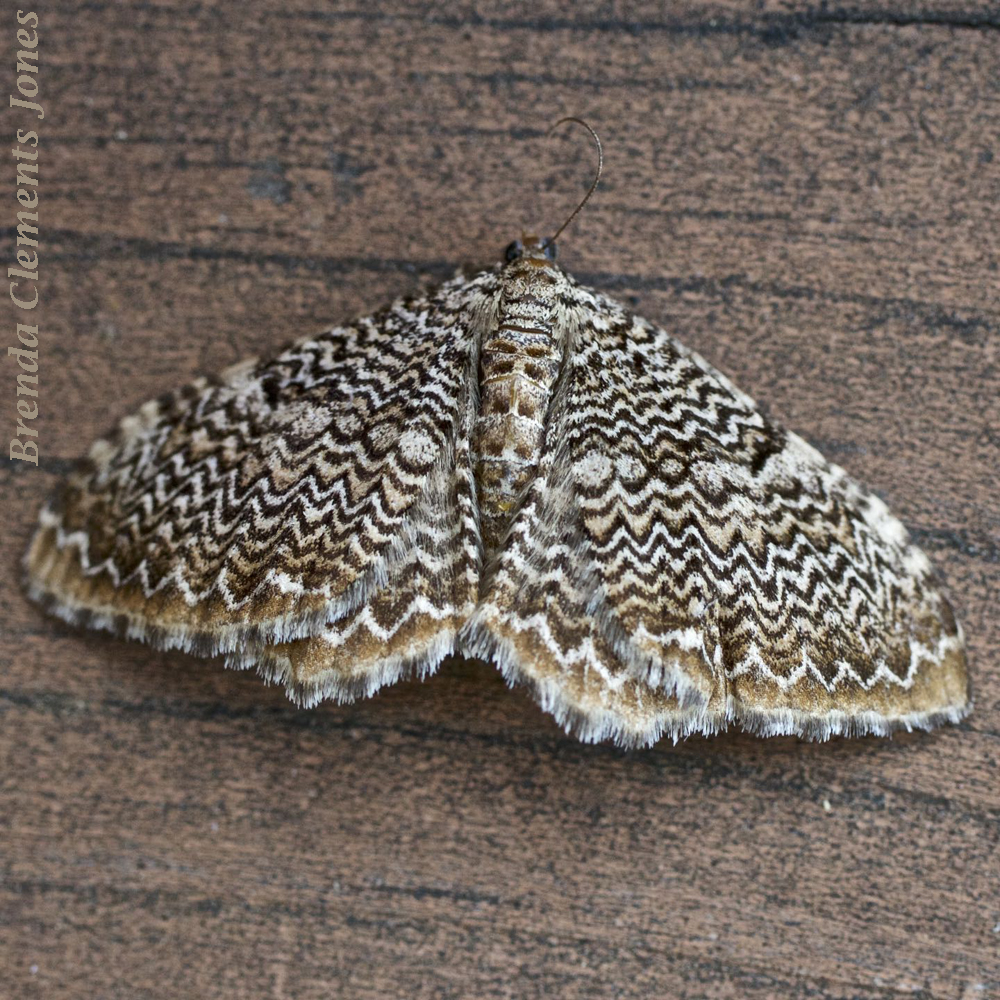
Cherry Scallop Shell Moth (Rheumaptera prunivorata) looking like someone all set to go to the office donned in their favorite warm woolen herringbone business suit. Or perhaps it looks like my tiger-striped kitty that I had when I was little. Tinker. But these wavy stripes are quite distinctive even for a moth. This moth is…
-
Scarlet-winged Lichen Moth
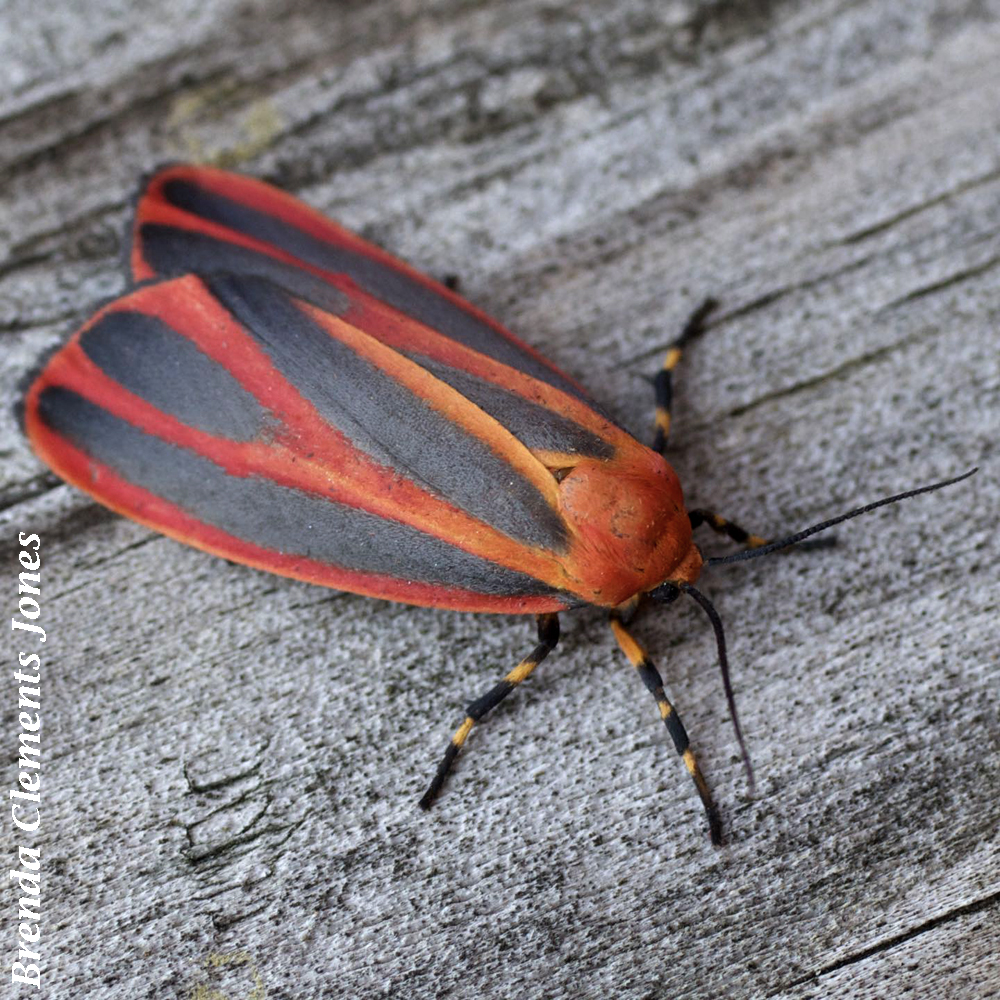
A moth today, in honor of National Moth Week which is July 17th to the 25th. This one, another night flyer who will come to your porch if you leave the light on, Scarlet-winged Lichen Moth (Hypoprepia miniata). Its length is .6 inch to .8 inch. And as the name implies, it’s a mighty pretty…
-
Curve-toothed Geometer
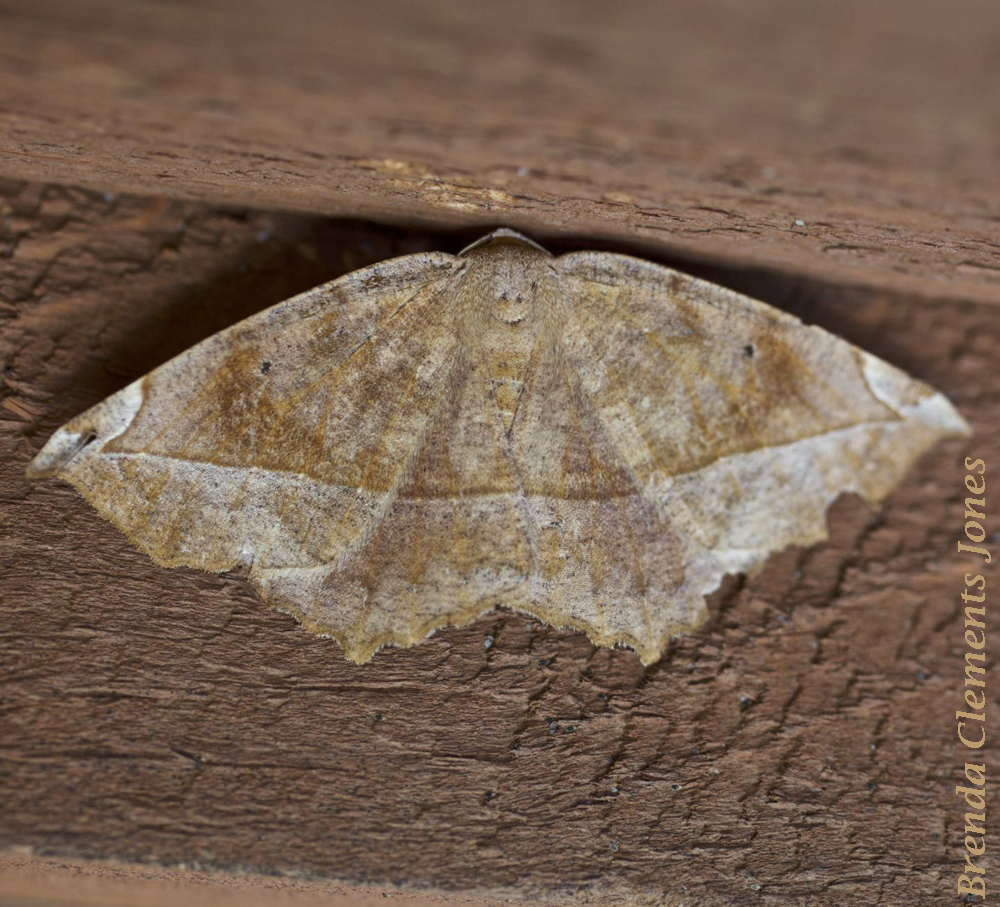
Another nod to moths in celebrating National Moth Week (July 17-25, 2021). This moth photo was in my immense file of moth images, unidentified. Many of you might know, I love a mystery and last night I looked upon this critter as one of those mysteries. Luck was with me and I was able to…
